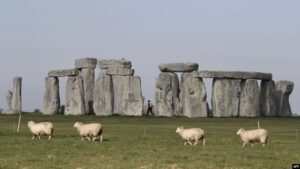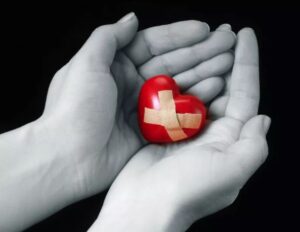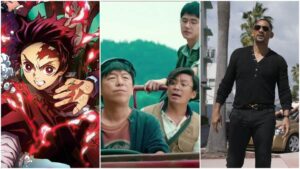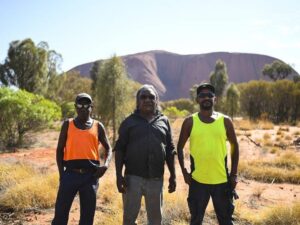

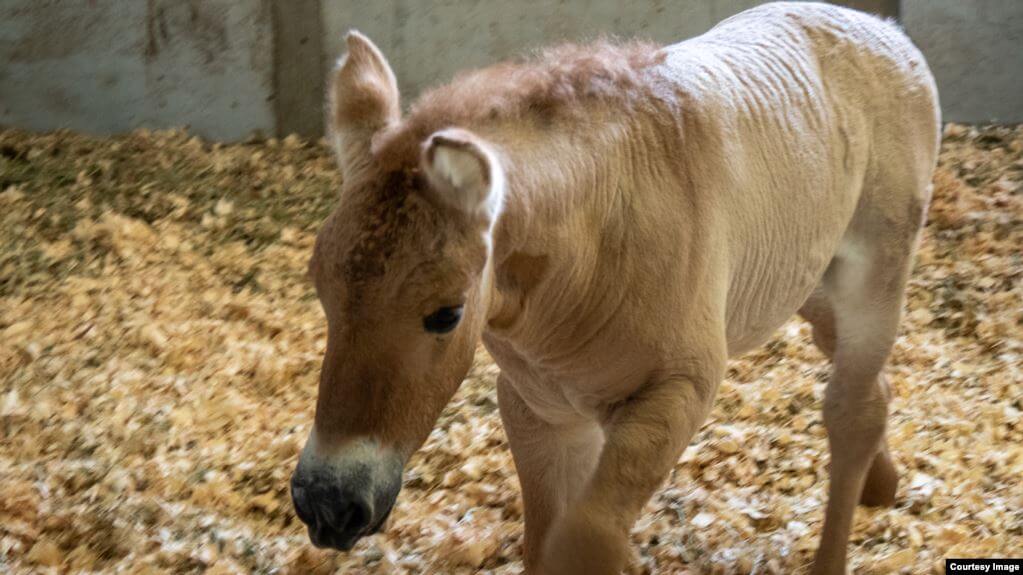
1. clone (n)
a plant or animal that has the same genes as the original from which it was produced
2. breed (v)
to keep animals for the purpose of producing young animals in a controlled way
3. explorer (n)
someone who travels to places where no one has ever been in order to find out what is there
4. ancestors (n)
a plant, animal, or object that is related to one existing at a later point in time
5. nucleus (n)
the central part of an atom, usually made up of protons and neutrons
6. thickset (adj)
has a body that is wide across the shoulders and chest and is short
7. laboratory (n)
a room or building with scientific equipment for doing scientific tests or for teaching science, or a place where chemicals or medicines are produced
8. rare (adj)
not common or frequent; very unusual
San Diego Zoo Clones Endangered Horse

At the San Diego Zoo, in Southern California, little Kurt looks and acts like any other baby horse. He likes to play, pushes against anything that gets in his way, and runs to his mother for milk when he is hungry. But the 2-month-old differs from every other baby horse in the world in a major way: Kurt is a clone. He was created in a laboratory.
Scientists used cells taken from a male Przewalski’s horse in 1980. The cells had been frozen for the last forty years. The scientists also took an egg from a female horse of a different breed. Then, they removed the egg’s nucleus and replaced it with the cells from the Przewalski’s horse. San Diego Zoo officials say Kurt is the first cloned Przewalski’s horse, a rare and endangered breed.
The zoo sees Kurt’s birth as a major step in efforts to reestablish the population of the Przewalski’s horse, also known as the Asiatic Wild Horse or Mongolian Wild Horse. The small, thickset horses are believed to have Przewalski’s horses take their official name from Russian explorer Nikolai Przewalski, who found a skull and skin of one and shared it with a Russian museum.
The Smithsonian says Przewalski’s horses are the only one true wild horses left in the world. It says that wild horse groups in North America and Australia are not truly wild because their ancestors were horses that escaped human owners.
Resource: https://learningenglish.voanews.com/a/san-diego-zoo-clones-endangered-horse/5628485.html

What did you think this article was about when you saw the headline
Do you think scientists are playing the role of God?
Would you like there to be a clone of yourself?
“If you choose to be fearless, then be fearlessly authentic, not an imitation of someone you envy.

